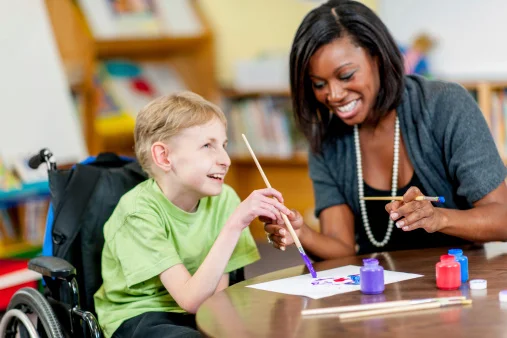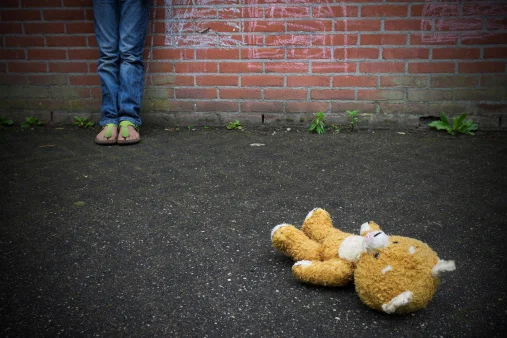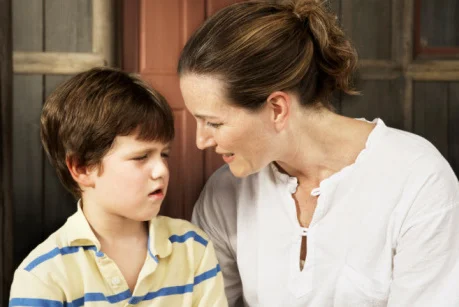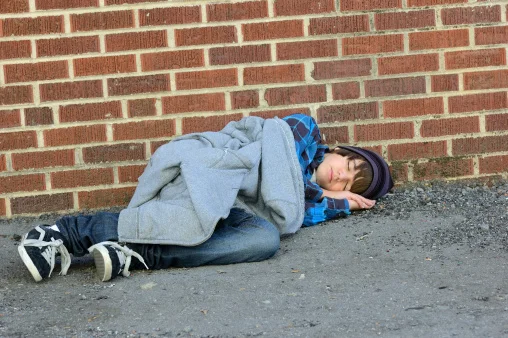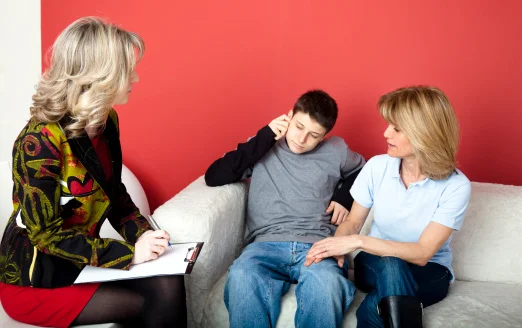+1 845 259 2974 (11 a.m to 7 p.m CST)
Child Abuse Therapy: How to Pull Your Teen out of the Trauma
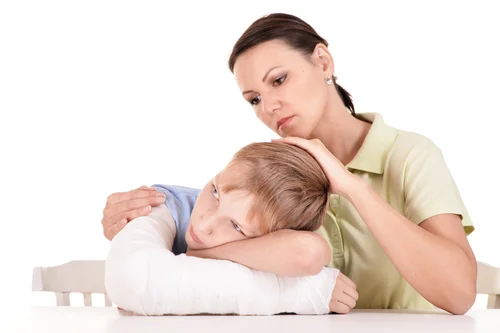
Every teen faces abuse up to some level, but the way they deal with it is totally different. Some teens are confident and strong enough to let things go while other get depressed. Some even face physical symptoms like nausea, loss of appetite, fatigue, and insomnia as a result of trauma. Traditionally, therapists are consulted for overcoming child abuse trauma, but one problem with this method is that not every teen feels comfortable sharing the worst experiences of his life and his personal feelings with a stranger. This is precisely why it is best to carry out their therapy at home. Teens are closer to parents and feel less shy or embarrassed about opening up to them, thus giving you a considerable edge over professional therapists.
Here are a few therapies that you can use to help your abused teen overcome the trauma.
Cognitive Behavior Therapy
This therapy was initially designed for targets of sexual assault, but it is now used for treating almost all the traumas. Teens may start perceiving things differently after facing any trauma, be it physical, sexual or emotional. Cognitive behavior therapy helps teens to change their perception and attitude or behavior towards things in general. For instance, if your child is mentally disturbed after a breakup and has lost trust in relationships, then this therapy will help him to start trusting again. Even though professional knowledge is required for carrying out this therapy, you can still give it a shot at home. There are a lot of techniques that you can try such as talking about different coping mechanisms, role playing, social skills training, etc. Do not forget to practice breathing exercise with teen as this will help him to relax, thus making it easier to discuss the issue. You may also convince teens to keep a journal, noting down their behavior in certain conditions in order to know what they need to change in their behavior.
Interpersonal Therapy
Just like cognitive behavioral therapy, it is also a type of talk therapy in which main focus is given on how the teen relates to others. This therapy is quite effective when the teen is having issues in relationships either with his friends or loved ones, lost a family member, or witnessed his parents’ divorce. This therapy allows them to deal with these and many other interpersonal issues in a mature manner and it also cures depression. You can start this therapy by getting to know about the extent of problem by convincing your teen to talk about it. Start an informal conversation on any of the topic, and then slowly move to the main issue. You should be a good listener to perform this therapy successfully. Also, your communication skills should be good. Ask the teen different questions regarding the trauma like his feelings, changes he went through after the trauma, mental state of mind, etc. Wind up the therapy by teaching the teen that these little incidents are part of our lives and that there is no need to blame oneself for situations and events that are not within our control.
Group Therapy
Another good way of conducting a therapy at home is gathering a group of teens who also faced a similar situation. For instance, if your teen faced bullying at school that mentally disturbed him, then ask his friends or friends of friends about their bullying experiences. Invite them over and let them share their experiences. Your teen will feel comfortable sharing his feelings with the other teens, thinking that they understand his pain. It also gives teen a courage that he is not the only one who went through this problem.
Conducting a therapy at home will definitely enhance your bonding with the teen, giving the latter an assurance that you are there for him.

